Delaying transmission fluid changes can lead to serious risks for your vehicle’s performance and longevity. Over time, transmission fluid breaks down, losing its ability to lubricate and cool vital components. This can cause excessive friction, leading to overheating, slipping gears, or even complete transmission failure. Additionally, old fluid can accumulate debris, further damaging the internal parts of your transmission. In this article, we’ll explore the risks of postponing transmission fluid changes and why staying on top of this maintenance is crucial for keeping your vehicle running smoothly and avoiding costly repairs.
Contents
Increased Wear on Transmission Components
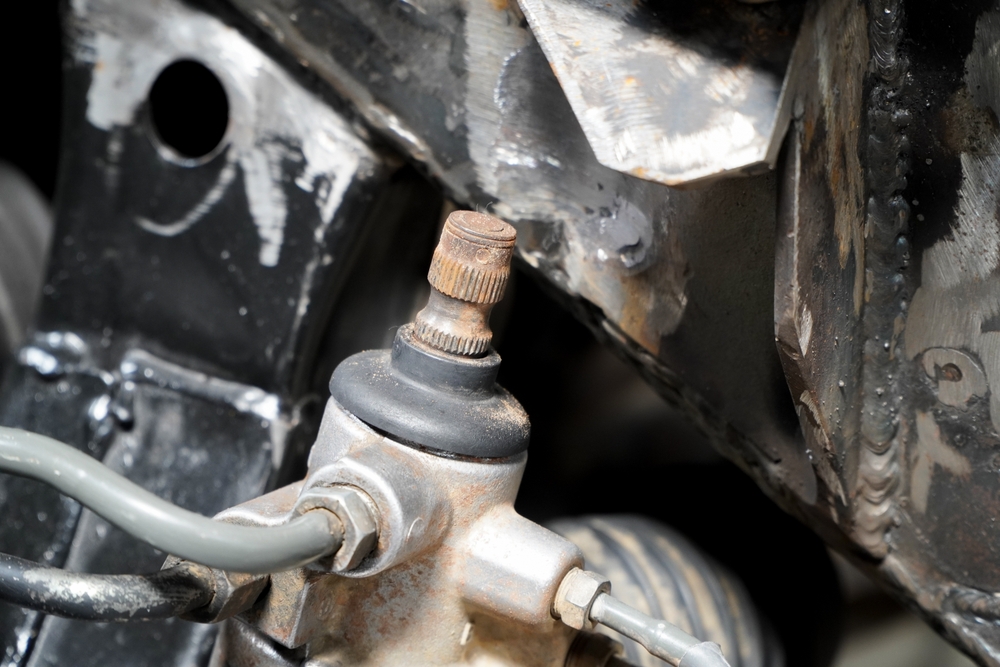
Transmission fluid lubricates the various moving parts within the transmission, reducing friction and wear. Delaying a fluid change allows the fluid to break down and lose its lubricating properties, causing increased friction between gears, bearings, and clutches. This increased wear can lead to premature failure of transmission components, which may require expensive repairs or a full transmission replacement. To prevent this, follow your vehicle manufacturer’s recommended service intervals for fluid changes and check the fluid level and condition regularly.
Overheating of the Transmission
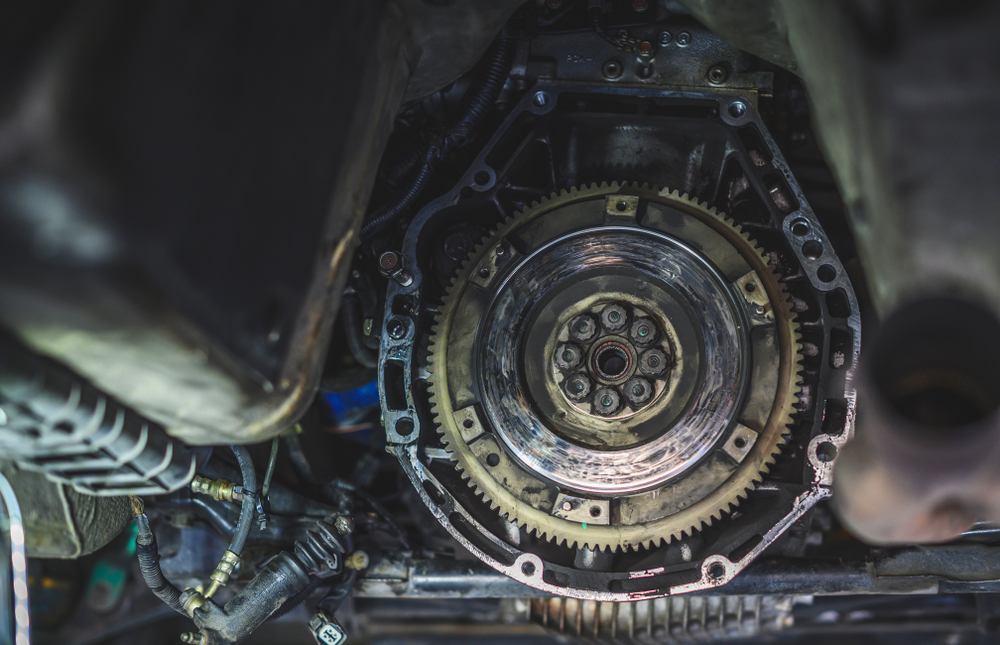
Transmission fluid also serves to cool the transmission by dissipating heat generated during operation. As the fluid ages, it loses its ability to cool effectively, which can cause the transmission to overheat. Overheating leads to faster degradation of transmission parts and can cause permanent damage. If you notice your transmission slipping or a burning smell, it may be overheating due to old fluid. Regular transmission fluid changes help prevent this issue by ensuring the fluid maintains its cooling properties.
Slipping Gears

Old, degraded transmission fluid loses its ability to maintain the necessary hydraulic pressure to engage gears properly. As a result, the transmission may start slipping, where it momentarily disengages from the selected gear and causes the engine to rev without the vehicle accelerating. Slipping gears can lead to unsafe driving conditions and further damage to the transmission. Changing the transmission fluid at regular intervals ensures proper hydraulic pressure and smooth gear engagement.
Delayed Shifting Response

As transmission fluid ages, contaminants such as metal shavings and debris build up, which can interfere with the transmission’s ability to shift gears smoothly. This results in delayed or harsh shifting, especially during acceleration or when the vehicle is under load. Delaying fluid changes can worsen this problem, causing more significant wear on the transmission. Regular fluid changes help maintain clean fluid and ensure responsive gear changes, preventing unnecessary stress on the transmission.
Reduced Fuel Efficiency

A well-maintained transmission operates smoothly and efficiently, helping to optimize fuel economy. Old, contaminated transmission fluid increases friction and resistance within the transmission, forcing the engine to work harder. This results in decreased fuel efficiency, which can lead to higher fuel costs over time. Changing your transmission fluid as recommended keeps the transmission running smoothly, reducing drag and helping you get the most out of each gallon of fuel.
Increased Risk of Transmission Failure
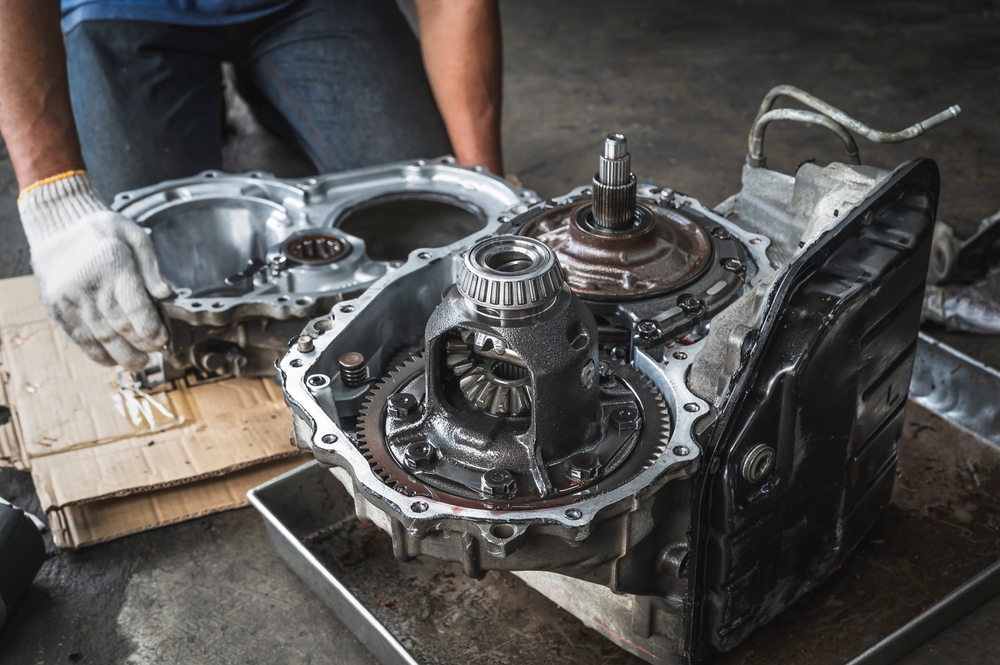
Delaying transmission fluid changes can increase the risk of complete transmission failure. Over time, degraded fluid allows for the buildup of harmful sludge and debris that can clog vital components like valves and solenoids. Eventually, this can lead to catastrophic failure, where the transmission no longer functions, and the only solution is a costly rebuild or replacement. Regular transmission fluid changes are a simple way to avoid this risk and extend the life of your transmission.
Hard Shifting

Old transmission fluid can become thick and less effective at lubricating and cooling the transmission, leading to harder shifting. Drivers may notice a jarring or clunking sensation when changing gears. This hard shifting puts additional strain on the transmission, leading to faster wear and potential damage. Replacing the fluid ensures that it remains the correct viscosity, allowing for smooth, seamless gear changes and reducing strain on the transmission.
Fluid Contamination
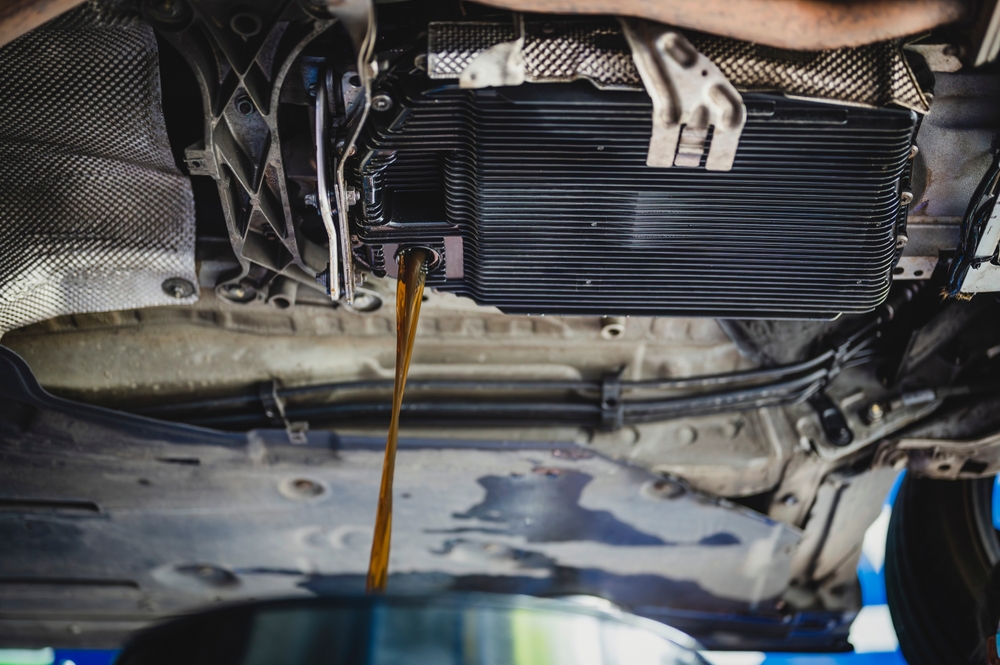
Over time, transmission fluid can become contaminated with metal particles, dirt, and other debris from normal wear and tear. These contaminants can clog the transmission’s filters and valves, causing poor performance and eventual failure. Regular transmission fluid changes help remove contaminants and keep the transmission clean and running efficiently. If your vehicle has gone too long without a fluid change, flushing the transmission may be necessary to remove built-up debris.
Damage to Transmission Seals
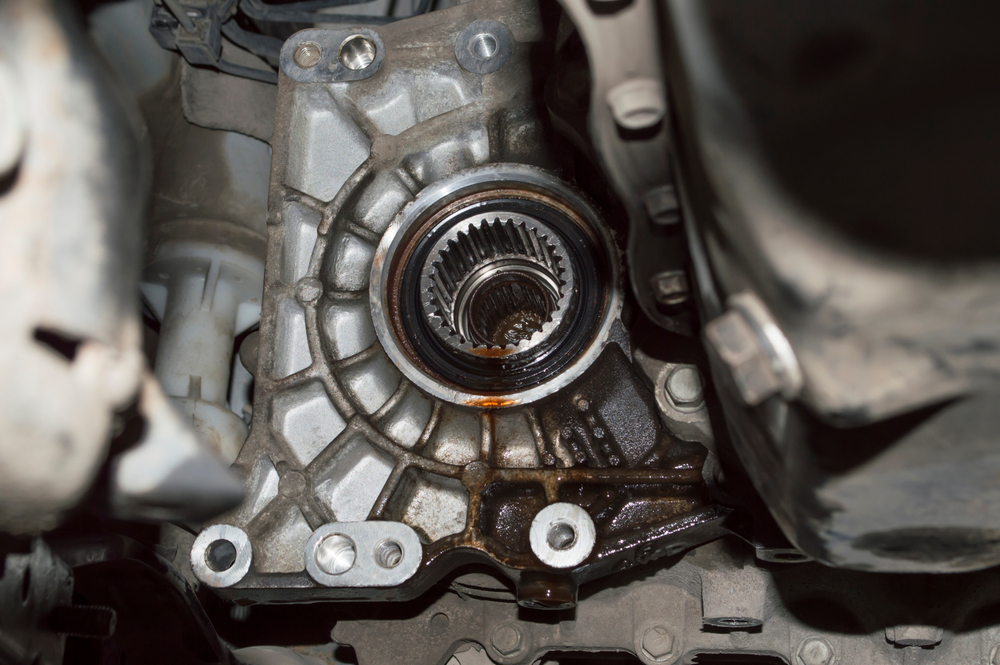
Old transmission fluid can become corrosive and cause damage to rubber seals within the transmission. Damaged seals can lead to fluid leaks, which reduce the amount of fluid available to lubricate and cool the transmission. This can result in overheating and increased wear. Regularly changing the fluid ensures that it remains clean and non-corrosive, protecting the seals and preventing leaks. If you notice fluid leaks, have your transmission inspected and the fluid replaced as needed.
Increased Transmission Noise
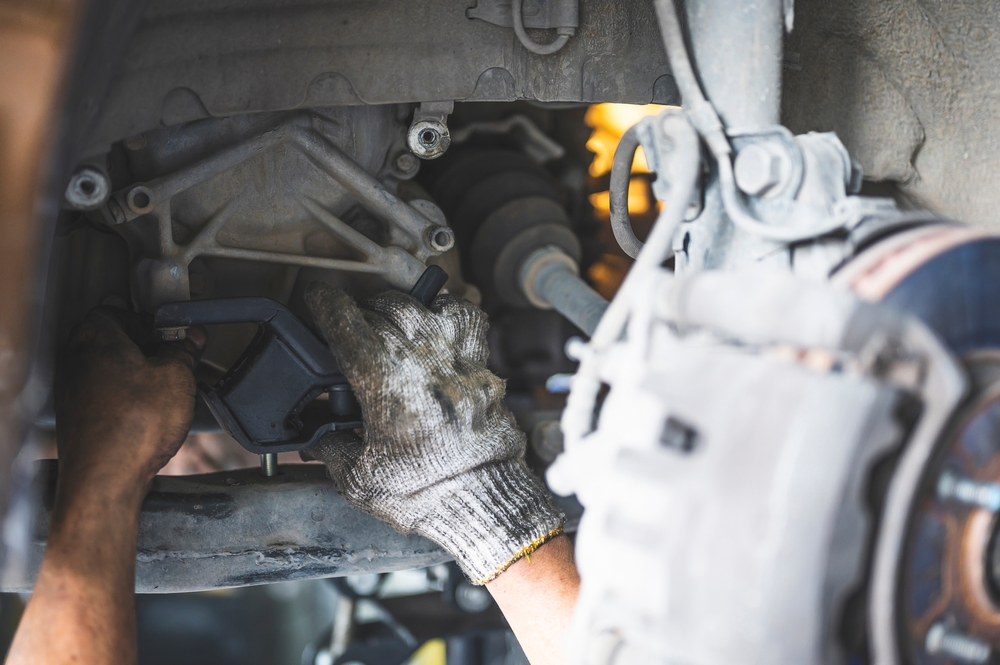
As transmission fluid degrades, it loses its ability to lubricate and cushion the moving parts inside the transmission, which can lead to increased noise during operation. You may hear whining, clunking, or grinding sounds, especially when shifting gears. These noises are a sign that the transmission is experiencing excess friction, which can lead to damage. Changing the transmission fluid can restore proper lubrication and reduce noise, helping to prevent further damage.
Clutch Problems in Automatic Transmissions
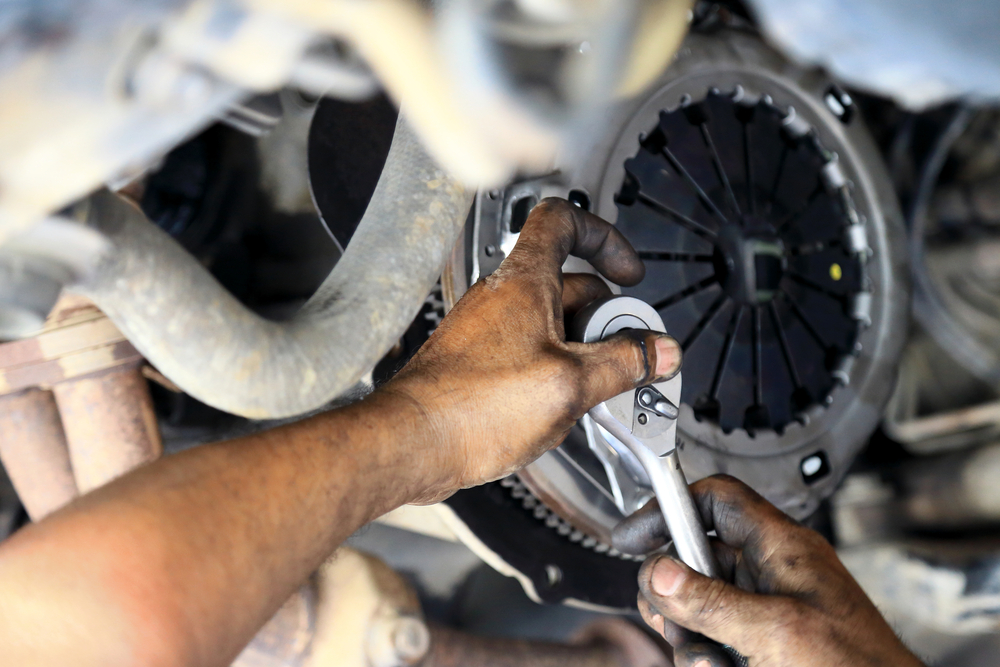
Automatic transmissions rely on fluid pressure to engage and disengage the clutch plates within the transmission. Old, degraded fluid can cause the clutch plates to stick or fail to engage properly, leading to shifting issues and potential damage to the clutch mechanism. Regular transmission fluid changes ensure that the fluid maintains the correct pressure and viscosity, allowing the clutch to operate smoothly and preventing premature wear.
Deterioration of Transmission Filters
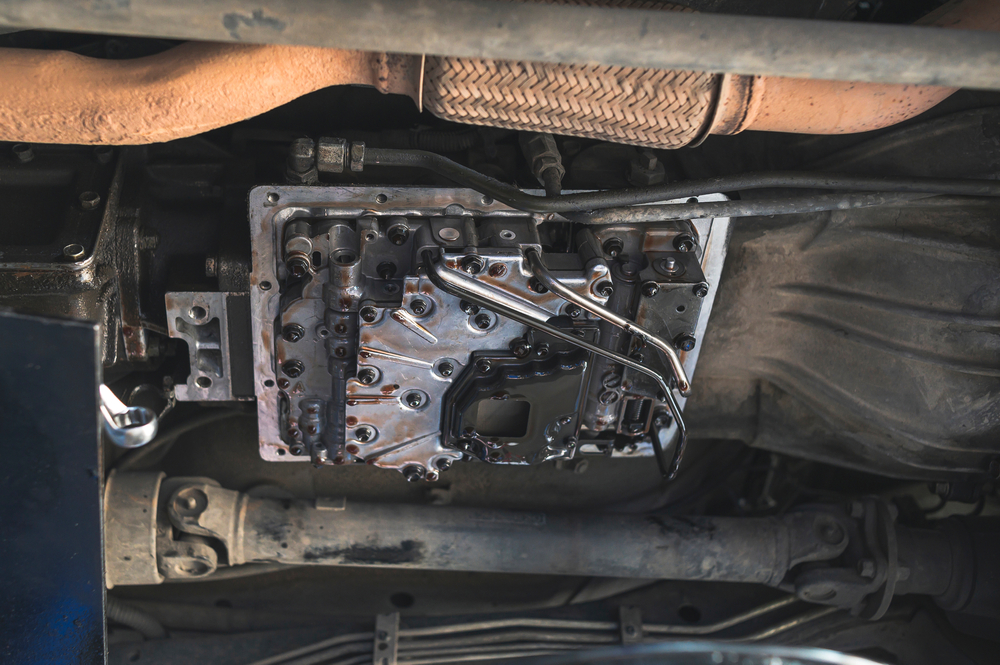
Transmission fluid passes through filters to remove contaminants before circulating through the system. Over time, these filters can become clogged with debris, reducing their effectiveness and allowing contaminants to circulate. Clogged filters can restrict fluid flow, leading to overheating and increased wear. Regular transmission fluid changes, along with filter replacements, help keep the transmission clean and functioning properly.
Loss of Transmission Performance
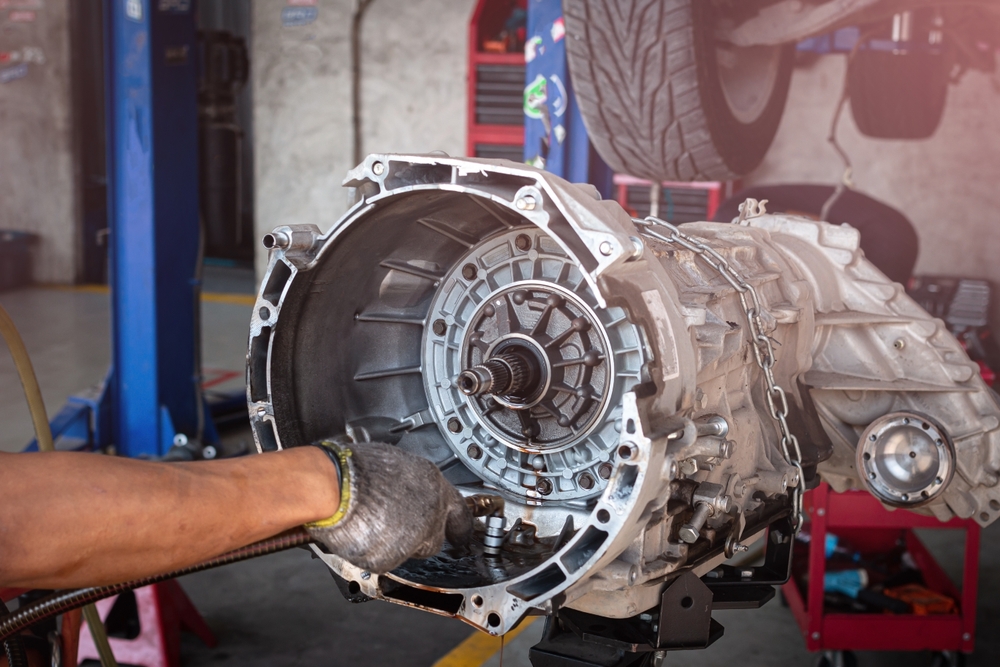
As transmission fluid degrades, it loses its ability to transfer power efficiently between the engine and transmission. This can result in sluggish performance, slower acceleration, and reduced power delivery to the wheels. Delaying fluid changes exacerbates this issue, leading to a noticeable decrease in performance. Replacing the fluid at recommended intervals restores the transmission’s ability to transfer power efficiently, improving overall vehicle performance.
Torque Converter Malfunction
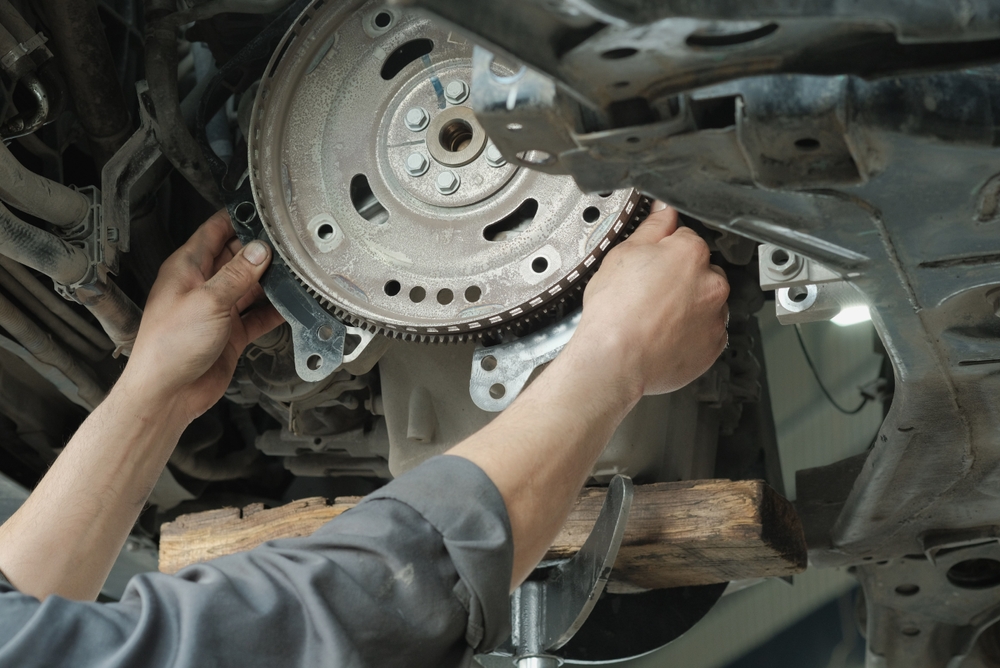
The torque converter is a critical component in automatic transmissions, responsible for transferring power from the engine to the transmission. It relies on transmission fluid to function properly. Old fluid can cause the torque converter to malfunction, leading to shuddering, slipping, or complete failure. Regular fluid changes help maintain the torque converter’s performance and prevent expensive repairs or replacements.
Transmission Overhaul Costs
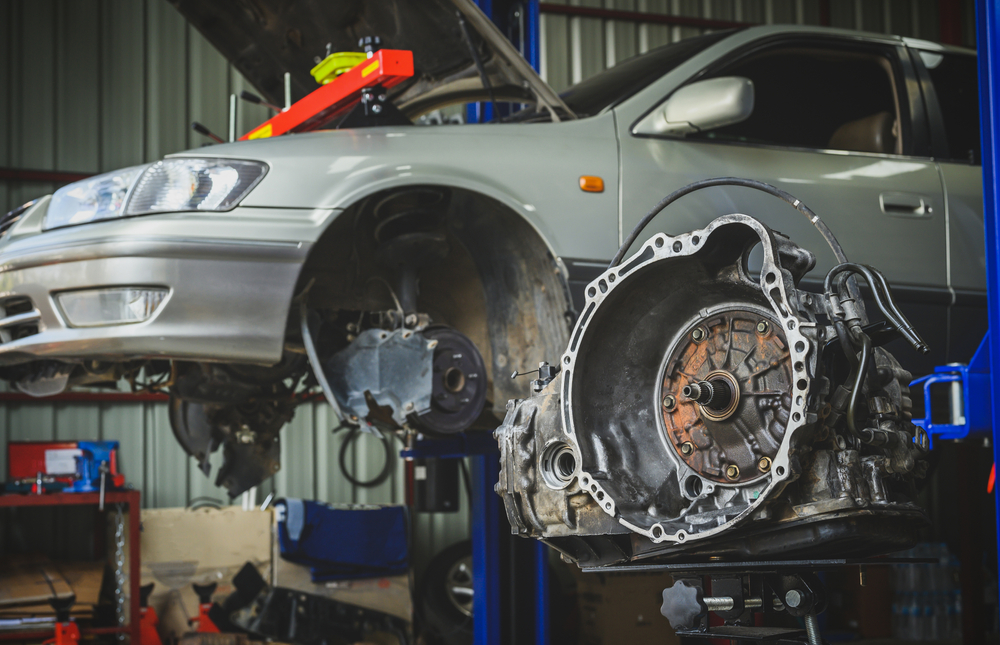
Delaying transmission fluid changes increases the likelihood of significant internal damage that may require a full transmission overhaul. A complete rebuild or replacement is one of the most expensive repairs for a vehicle, often costing thousands of dollars. Regular fluid changes, which are relatively inexpensive, can help prevent the need for such costly repairs by keeping the transmission in good condition.
Decreased Vehicle Resale Value

A poorly maintained transmission can negatively impact your vehicle’s resale value. Potential buyers may be wary of purchasing a car with a history of delayed transmission fluid changes, as this can signal future transmission issues. Keeping up with fluid changes and maintaining service records can improve the resale value of your vehicle by ensuring that the transmission remains in good working order.
Rough Idling and Stalling
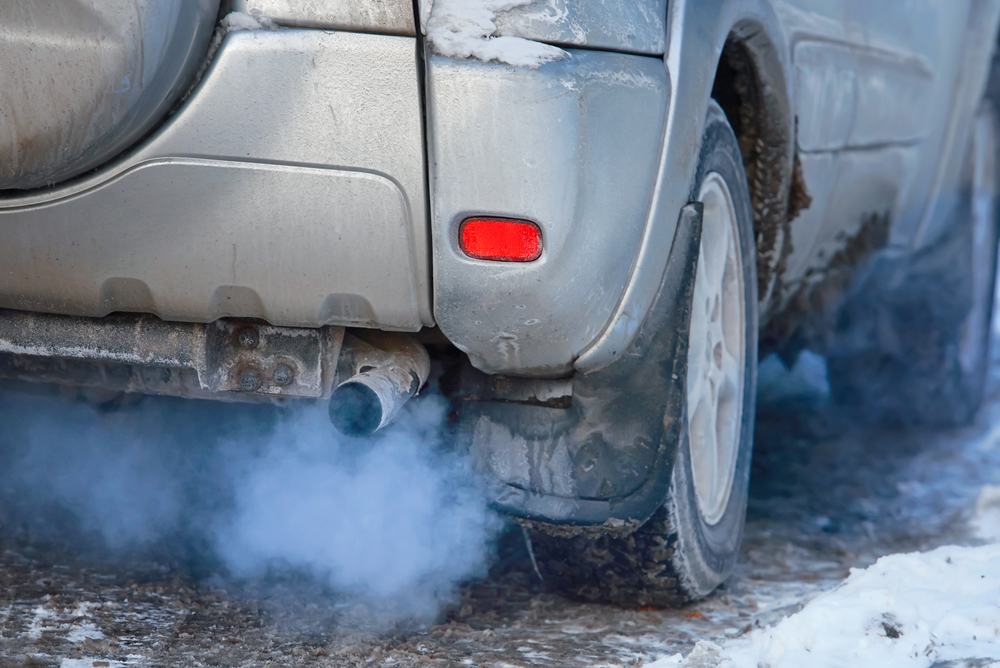
In some cases, old transmission fluid can cause rough idling or even stalling when the vehicle is at a stop. This occurs when the fluid fails to maintain proper pressure, leading to inconsistent engine and transmission performance. Changing the transmission fluid can resolve this issue by restoring the correct hydraulic pressure and ensuring smooth operation at low speeds or while idling.
Impact on Towing Capacity

Transmission fluid plays a crucial role in maintaining the transmission’s ability to handle heavy loads, such as towing. Old, degraded fluid loses its cooling and lubricating properties, which can cause the transmission to overheat or fail under the stress of towing. Regularly changing the fluid ensures that your vehicle maintains its full towing capacity and prevents transmission damage when hauling heavy loads.
Increased Risk of Accidents

A malfunctioning transmission due to old fluid can lead to sudden gear slippage, delayed shifting, or even total transmission failure, all of which increase the risk of accidents. A vehicle that cannot shift gears properly may struggle to accelerate, decelerate, or maintain speed, putting both the driver and other road users at risk. Preventing this risk is as simple as following the manufacturer’s recommended schedule for transmission fluid changes to ensure the vehicle operates safely and reliably.
Warranty Voiding

Delaying or neglecting transmission fluid changes can void your vehicle’s warranty, particularly if the manufacturer specifies regular fluid maintenance as a requirement for coverage. This can result in having to pay out of pocket for expensive repairs that would have otherwise been covered. Keeping up with fluid changes and maintaining accurate service records will help you avoid voiding your warranty and ensure that any potential issues are covered by the manufacturer.
This article originally appeared on MyCarMakesNoise.
More from MyCarMakesNoise
25 Outdated Military Weapons Still in Action

These 25 outdated military weapons continue to play crucial roles in modern conflicts, proving that sometimes, old methods still get the job done. Let’s explore these enduring tools of war that remain in action today. Read More.
20 Legendary Ships That Made History

Throughout history, certain ships have captured the imagination and left an indelible mark on the world. These vessels embarked on epic voyages, played pivotal roles in significant events, and became symbols of adventure and discovery. Read More.
20 Iconic Historical Tanks That Are Now Retired

Tanks have played a pivotal role in shaping military history, with many becoming iconic symbols of their time. While these armored giants once dominated battlefields, they have since been retired, giving way to modern advancements. Read More.














